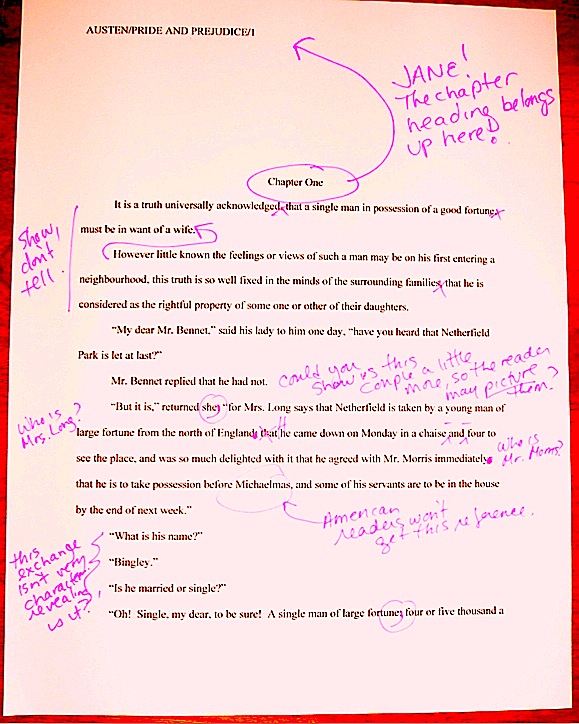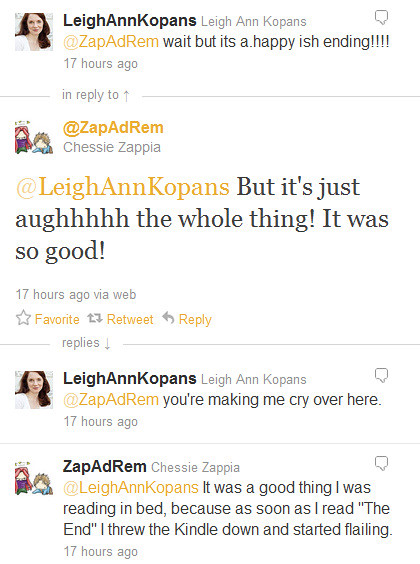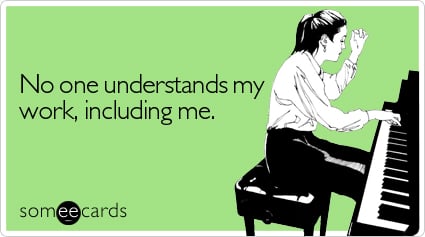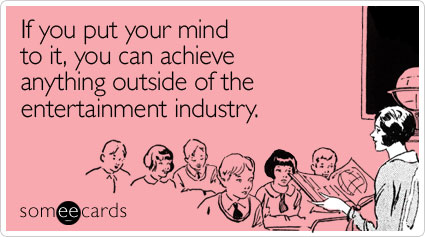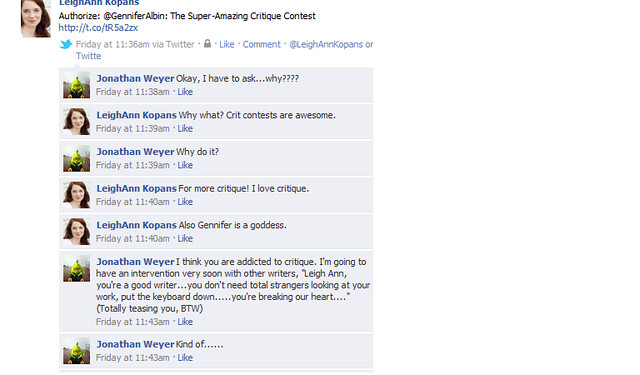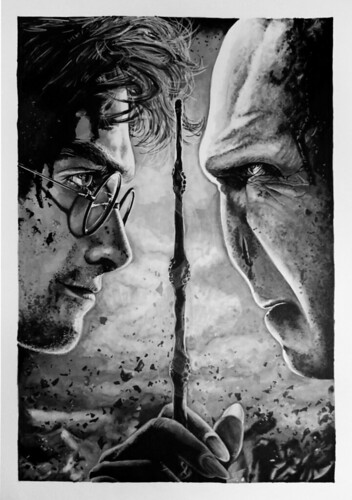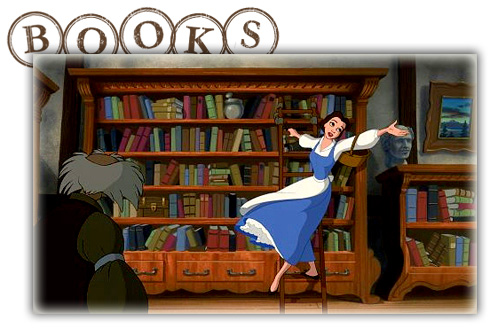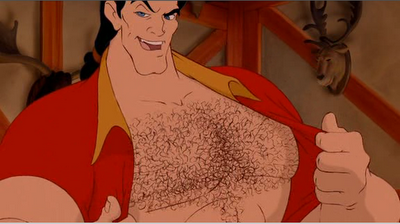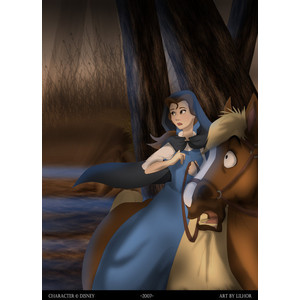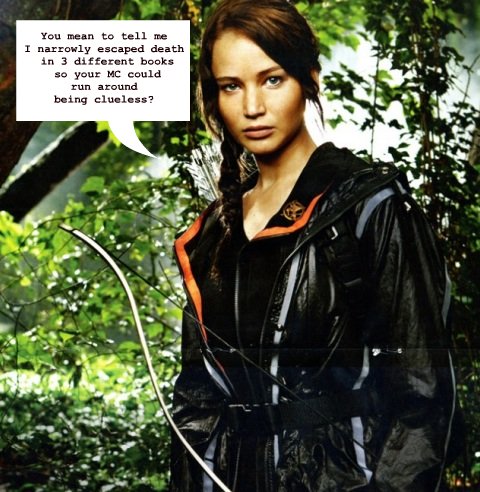Before we get started: A request. I'm totally psyched that I get to guest post over at Zap's Lobster Tank next Friday for "F---ing Awesome Friday." I'm going to be writing about how F---ing Awesome UNAGENTED (/unpublished) WRITERS are.
So. If you are an unagented and/or unpublished writer, send me something you're proud of. Could be a concept, an excerpt, a sentence, a TITLE for crying out loud. Just...whatever you have that your agent-seeking fingers have toiled over that makes you say, "Yeah. I am F---ing Awesome." I know you have it.
I'm going to do my best to work everyone's contributions into the post. Because you are F---ing Awesome, unagenteds. Don't forget it.
(Oh! And if you are an unagented writer and you know that I think you're F---ing Awesome - i.e., I have harassed you for your manuscript, synopsis, kissing scenes, or anything PLEASEGOD that lets me read more of your book...don't think you can get out of this. I'm coming after you. Yeah, Jamie Gray and Marcy Kate. That's you.
Because, after all - if you don't have rabid fans, what DO you have? )
Now, on with the post.
Well, friends, it's that time of the manuscript again.
Chessie and Maggie are plowing through crit at a pretty impressive clip, and along with the "break the paragraph here"s and "What made you fall in love with run-on sentences this year?"s and "Elias sounds like an old man"s, I'm also starting to sort through the novel's meta-questions.
When I sent the ladies my manuscript, I asked them to keep a lookout for a few things.
To avoid my second lead, Elias,
being a douchebag (not least to avoid Gina's wrath), I didn't give him any really STRONG flaws. At least, not any obviously egregious ones. And I wanted to know if it was a problem.
We all know that a main character must have identifiable flaws. For one thing, they make her believable, and for another, they clarify her character arc - how she's going to grow and change throughout the story - for the reader. So, we writers worth our salt get to work flawing our main characters up. Maybe they have low self-confidence, or they are are really rude, or stuck-up, or can't handle their tempers, or maybe they don't believe in Love (*happy sigh*.)
But what about secondary leads? How flawed must secondary leads, or any supporting characters, be in order to be believable - in order for us to root for them?
Before critique on
ONE even got rolling, I posed this question to my patient writing coach Jean, and then after Chessie had hung out with Elias for a bit I asked the same of her. And they both answered the same way:
Every character must have a flaw, but the reader only needs to see it to the extent that it interacts with your main character's arc. Mostly because your character can't go this story on her own. She has to have people doing stuff and causing events for her to react to, and without flaws, other characters won't do that.
In other words? Your cast of characters is kind of like Voltron. One unbelievably-unflawed link, and it all goes to hell.
So, in other words, the more involved your characters are with the main character's story, the more of their flaws the reader should be able to see. For example, I'm pretty sure that Merrin's biology teacher spends too much cash on comic books and too little saving for retirement. But we don't see that, because they only thing he does in this book is look at Mer and Elias scoldingly for breaking curfew on a school trip. No problem.
But Elias has a pretty major, if quiet, flaw that ends up causing kind of a lot of trouble in its own way. Now, I could give him no flaws, so that he could just skate through the story holding Mer's hand and boosting her self-confidence, but then people would throw my book across the room. Because a perfect character is unbelievable, especially one that we see so much of, the whole STORY would become unbelievable.
Okay, readers. Your turn! Please regale us with stories of how you've flawed your supporting characters up, and what that meant for the way you wrote your story.








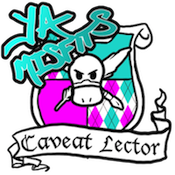





 '
'





